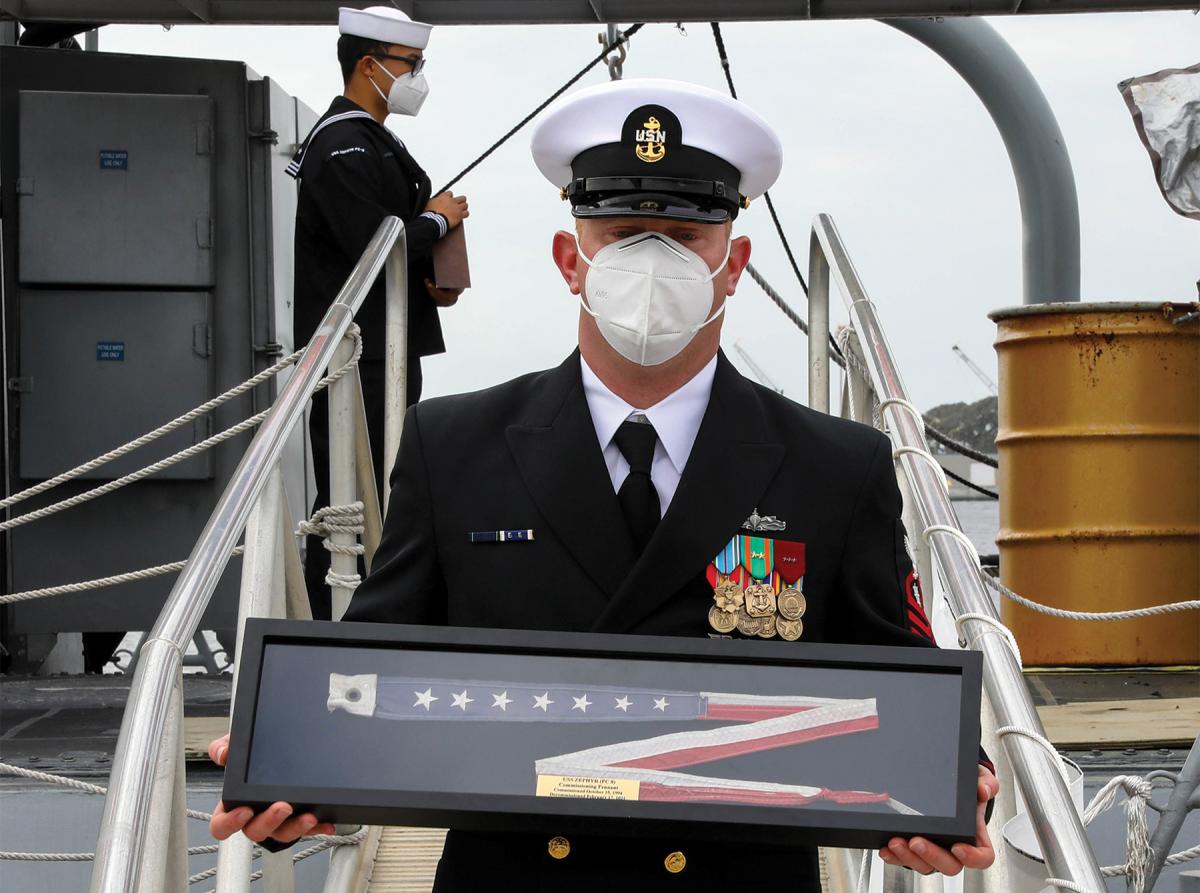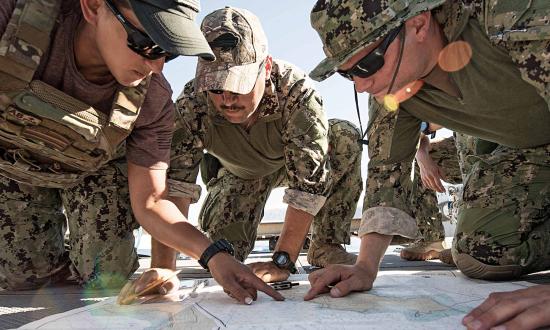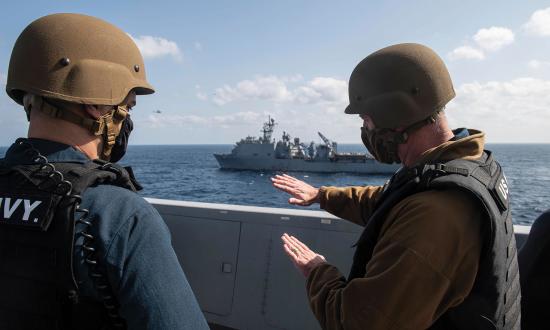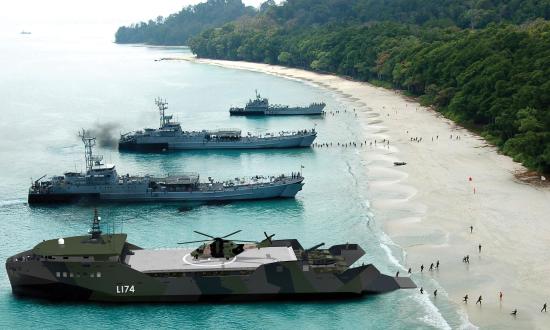By 2027, surface fleet early command may cease to exist in the Navy: the looming possibility of Mk VI patrol boat deactivation, Cyclone-class patrol coastal (PC) retirement by 2023, mine countermeasures ships (MCMs) decommissioning in 2027, and no confirmed early command replacements.1 A surface community pursuing autonomous leadership by “commanding early, commanding often,” cannot accept O-5 as the first opportunity for real command.
Fortunately, early command is not the victim of leadership intent, but rather is collateral damage from broader programmatic forces. Mk VIs are unreliable, while MCMs and PCs are twice beyond their service lives. Shipbuilding budgets must contend with LCS issues and construction of the Constellation-class frigates while competing with external community priorities. Personnel Command shows belief in early command through its intended continuation of early command boards even in the absence of platforms.
Nevertheless, the Navy must raise surface early command’s priority and guard its survival.
Early command increases the surface community’s operationally necessary development of autonomy. These opportunities develop not only commanding officers, but also junior officers through increased authority and responsibility in supporting their junior commanders. Early leadership development is the surface warfare community’s career advantage, a critical component of the profession’s culture, and the basis of its operational success. A 14-year no-man’s land of command opportunities would be devastating.
Given the Bureau of Naval Personnel’s vast interconnected machinery of building eligibility while managing rotation, immediately declaring early command opportunities on existing platforms is not the solution. However, projected shipbuilding plans and minor budgetary shifts could provide a path to early command’s survival.
As Constellation O-5 positions come online, swapping LCS O-5 command for early command would maintain early command opportunities. Commander command made sense when the LCS was new, but enough run time and experience exist to justify more junior commanding officers. Constellation-class fabrication begins this year, so LCS early command opportunities are well within range. As the MCM and PC replacement, LCS would be the appropriate inheritor of their early command mantle. Even in the worst case scenario, LCS would provide more than the 20 early command opportunities after fiscal year 2021.
Acknowledging the LCS’s increased size and complexity compared with PCs and MCMs, LCS command could be an O-5 spot-promote post–department head billet, with a spot-promote O-4 second-tour department head executive officer (XO) or a post–department head XO. Spot promotes already exist for many second-tour department head billets and post–department head staff billets.
Replacing the PCs would be a low-cost improvement of surface operational capability and commanding officer development. For the price of two troubled Freedom-variant LCSs, the Navy could replace its ten-ship PC fleet.The Coast Guard’s 154-foot Sentinel class provides a proven path to replacement, with a unit cost of $65 million, a broad material support base, and mast and deck space for additional hardware. The Constellation demonstrates the Navy’s ability to produce this kind of rapid, quality contracting at a much higher difficulty setting.
The replacement PCs would come with the additional benefits of low-cost presence, force protection, and interdiction. The combination of LCS and PC-replacement early command could double the number of early command opportunities in a fiscally responsible and operationally significant way.
The physical capabilities of Navy ships are underwritten by the autonomy and professional acumen leadership opportunities cultivate in the surface cadre. Although early command applies to just 3 percent of active duty O-4s every three years, it motivates new officers and provides insight to junior officers supporting early command commanding officers.2 The number of early command opportunities already is lamentable; their extinction would be a generational tragedy.
1. Mk VI deactivation for 2021 has been temporarily forestalled.
2. 20 early commands with 18-month tours compared with naval register # of active-duty O-4 1110s.






